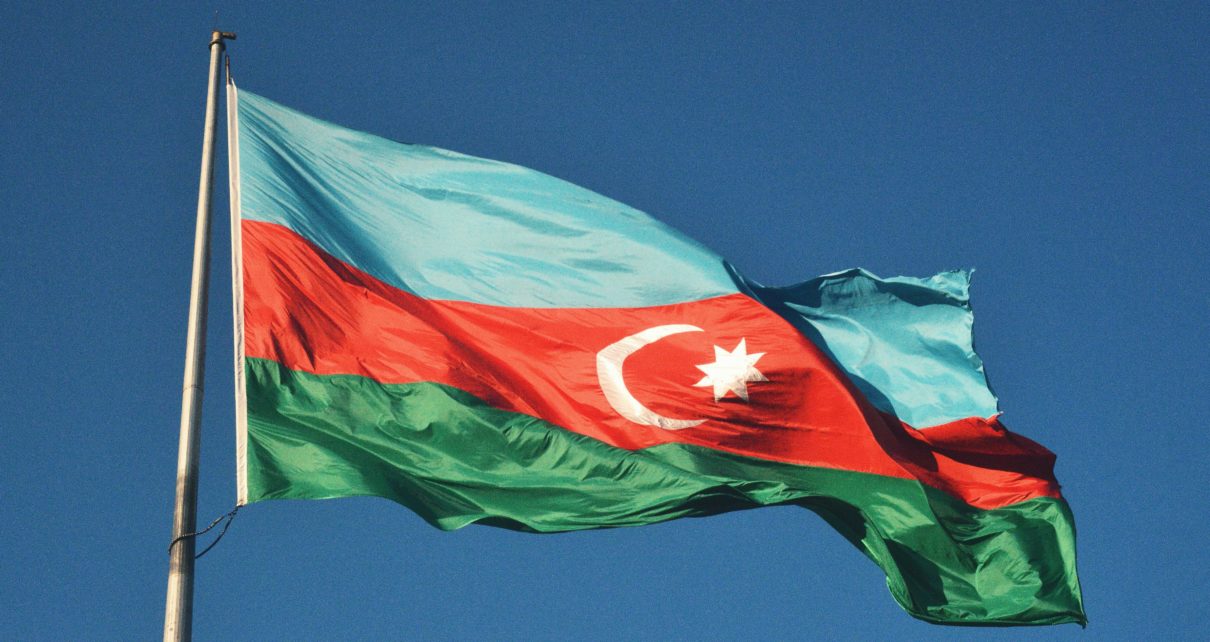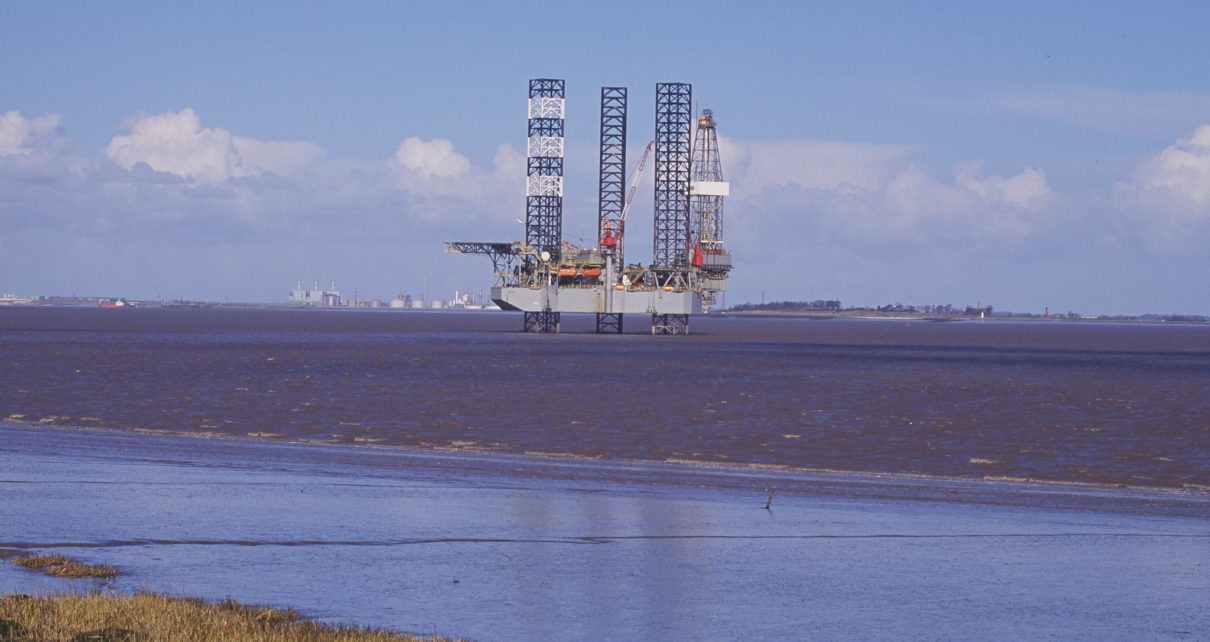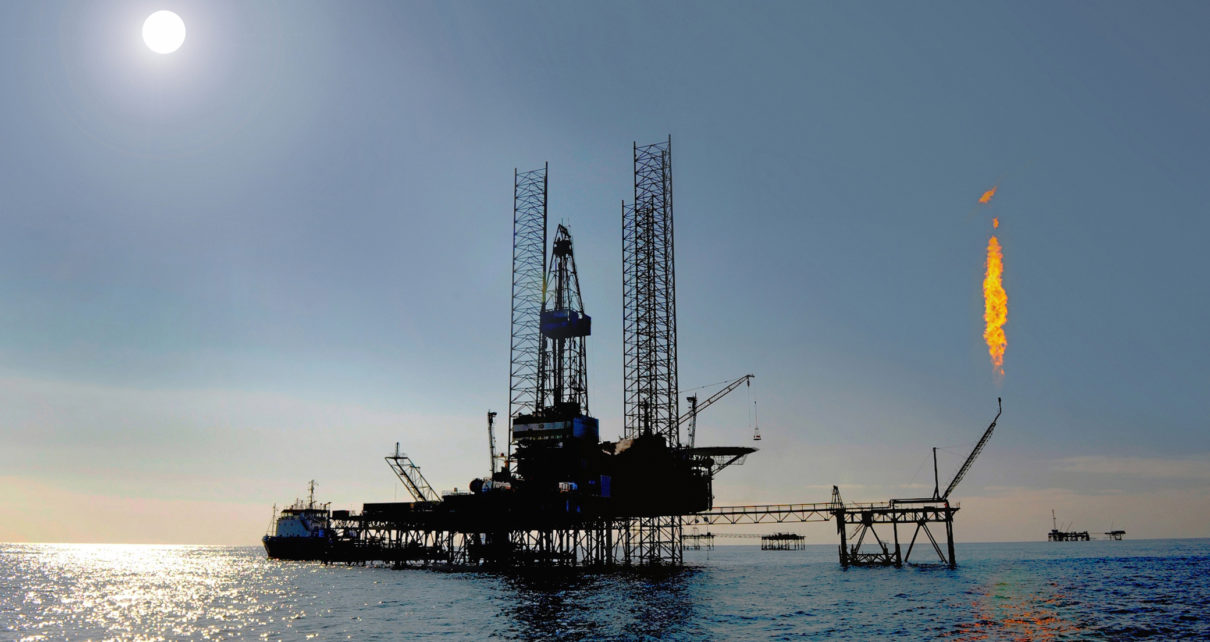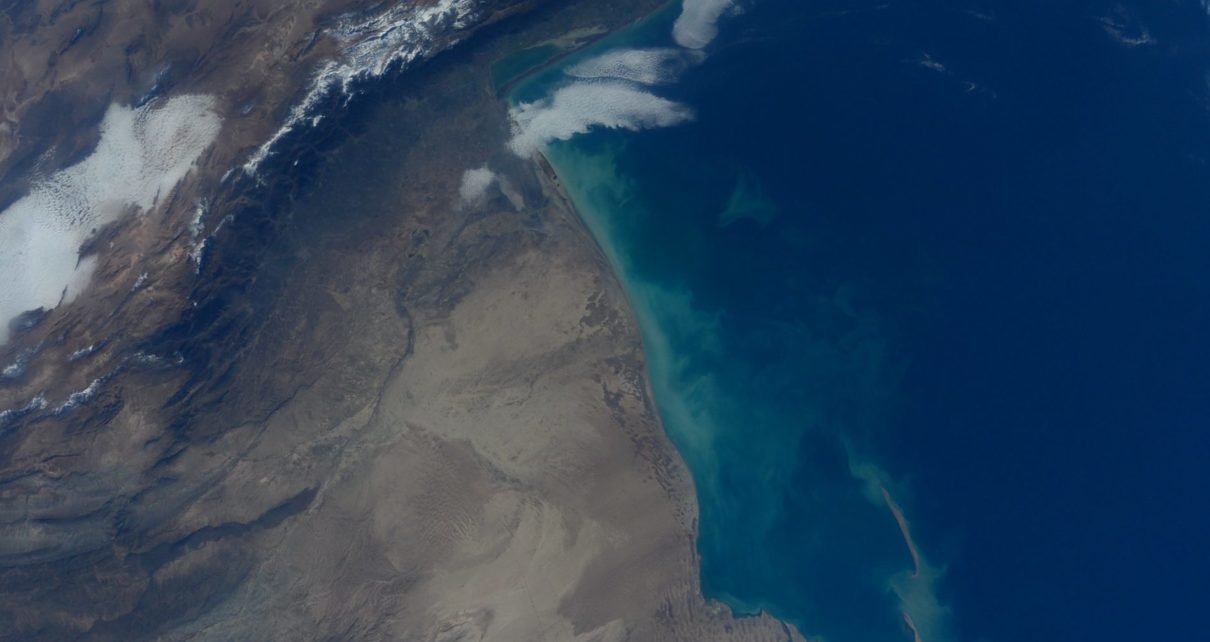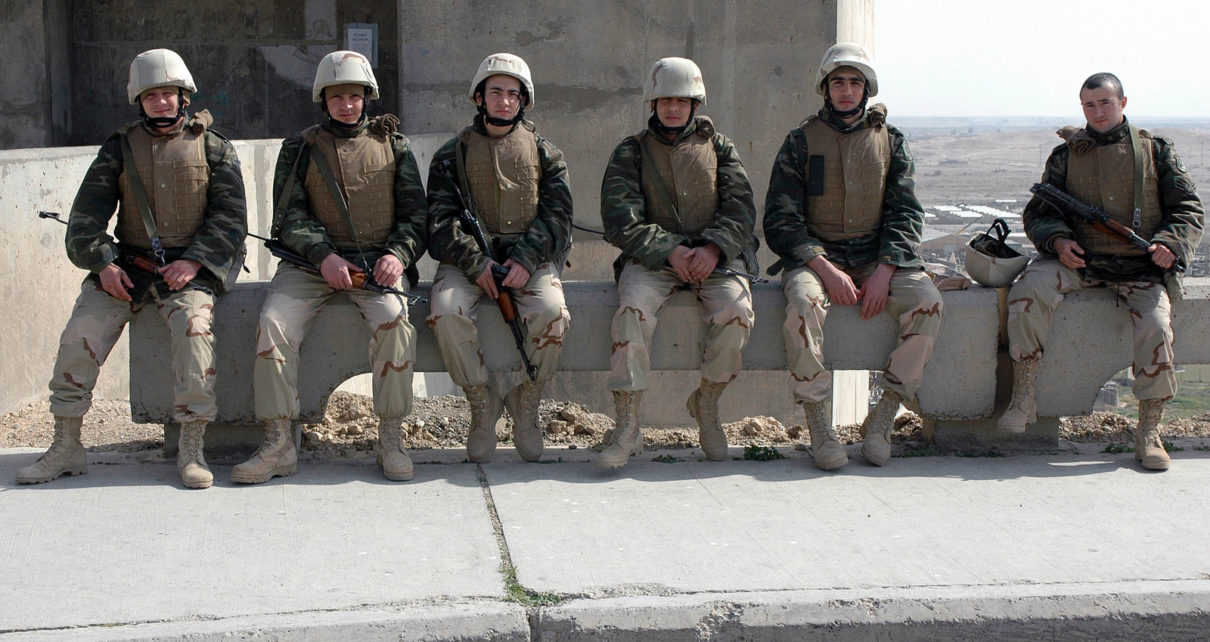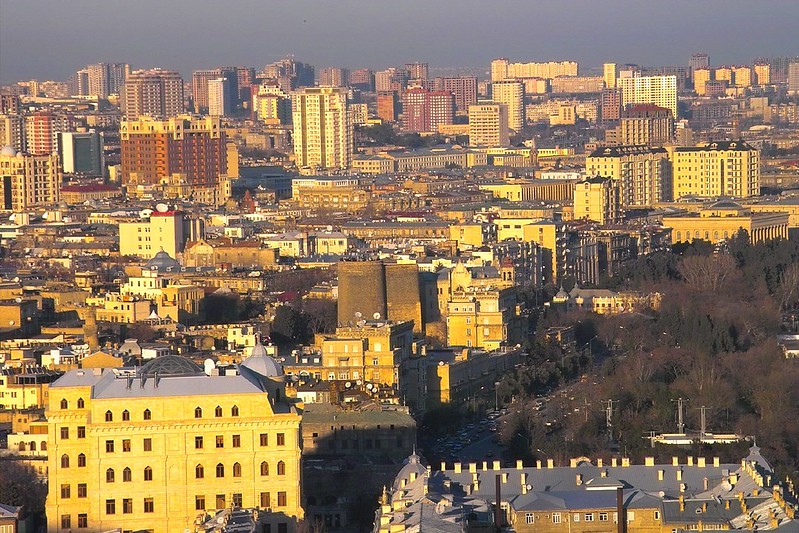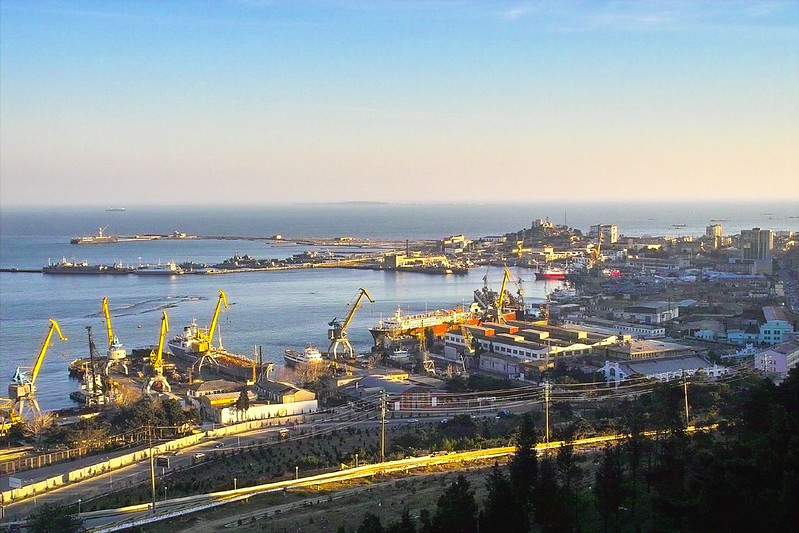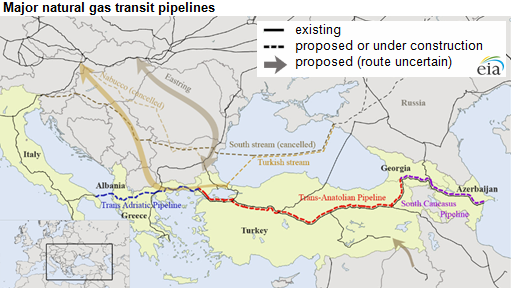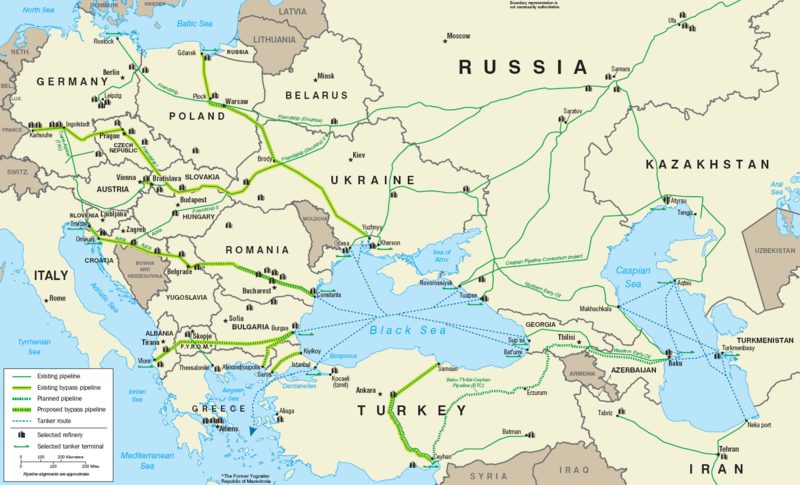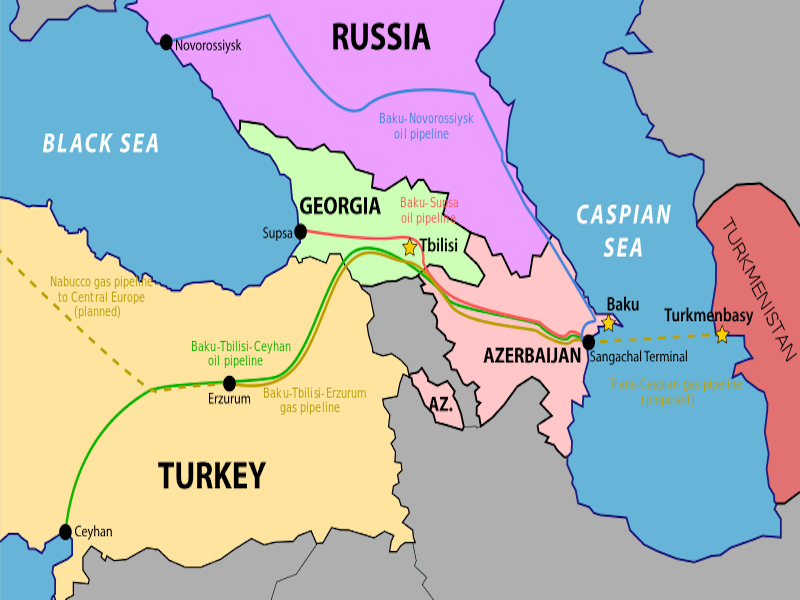Dr. Robert Cutler writes on the 10th Ministerial Meeting of the Southern Gas Corridor Advisory Council, which he describes as an important milestone in EU-Azerbaijani energy relations.
Author: Robert M. Cutler
Abu Dhabi Buy-in to Caspian Sea Gas Enhances European Energy Security
Dr. Cutler writes about Abu Dhabi’s landmark deal in the Caspian Sea and its strategic significance for European energy geopolitics.
Serbian Gas Deal Continues Azerbaijan’s Penetration of South-East European Energy Markets
In this article, Dr. Cutler outlines the new Serbian gas deal with Azerbaijan in the context of European energy trends and policies, as well as the BRUA pipeline project.
Where in the Caspian Region Will Europe Get Its Gas?
In this article, NATO Association Senior Research Fellow and Director of the Energy Security program, Robert M. Cutler, discusses Europe’s Prospects for Caspian-region gas imports, including the Trans-Caspian Gas Pipeline Project (TCGP) project.
NATO Strengthens Energy-Security Ties with Azerbaijan
In this article, Senior Research Fellow Dr. Robert M. Cutler covers NATO’s July 5th Military Committee meeting, its select partners, and its challenges. Specific attention is paid to the strengthened energy-security relations between NATO and Azerbaijan.
A Trans-Balkan Pipeline Is the Next Project for EU’s Accelerated Energy Cooperation with Azerbaijan
Other than Norway, Azerbaijan is amongst the most plausible sources for increased European imports of natural gas in the near future. Therefore, it is little surprise that on April 25, its President Ilham Aliyev attended the signing of a Memorandum of Understanding (MoU) by the State Oil Company of the Azerbaijani Republic (SOCAR) with the Read More…
New European Energy Demand Confirms Azerbaijan’s Reliability
Azerbaijan is emerging as a crucial player in Europe’s energy-diversification strategy, as the European Union (EU) addresses its self-inflicted energy deficit that arose from its overreliance on wind and solar power and its failure to promote oil and gas development. The EU’s policy shift away from Russian oil and gas has led to the formation Read More…
Azerbaijan on Course to Increase Gas Exports to Europe
As the EU seeks to diversify its sources for energy imports, Azerbaijan will likely reap important benefits. The significant question is how rapidly it can ramp up its exports via the Southern Gas Corridor (SGC). Exports by way of the SGC go through Georgia (via the South Caucasus Pipeline, SCP), then across Turkey from east Read More…
Europe Looks for More Caspian-Region Energy
The EU’s Energy Commissioner Kadri Simson will personally attend the annual interministerial meeting of the Advisory Council on the Southern Gas Corridor in Baku on February 4. She announced this, following a meeting of EU energy ministers in Amiens (France), where they discussed market uncertainties due to Russia’s decrease of flows to Europe and its Read More…
South Caucasus Gas Transport and European Energy Security
Last summer, before the Second Karabakh War broke out between Armenia and Azerbaijan in autumn, the Turkish company BOTAS opened a tender to construct a gas pipeline from Igdir into the Azerbaijani exclave of Nakhchivan, which is surrounded by Armenia and Iran but has a short border with Turkey. Nakhchivan has relied principally on gas Read More…

